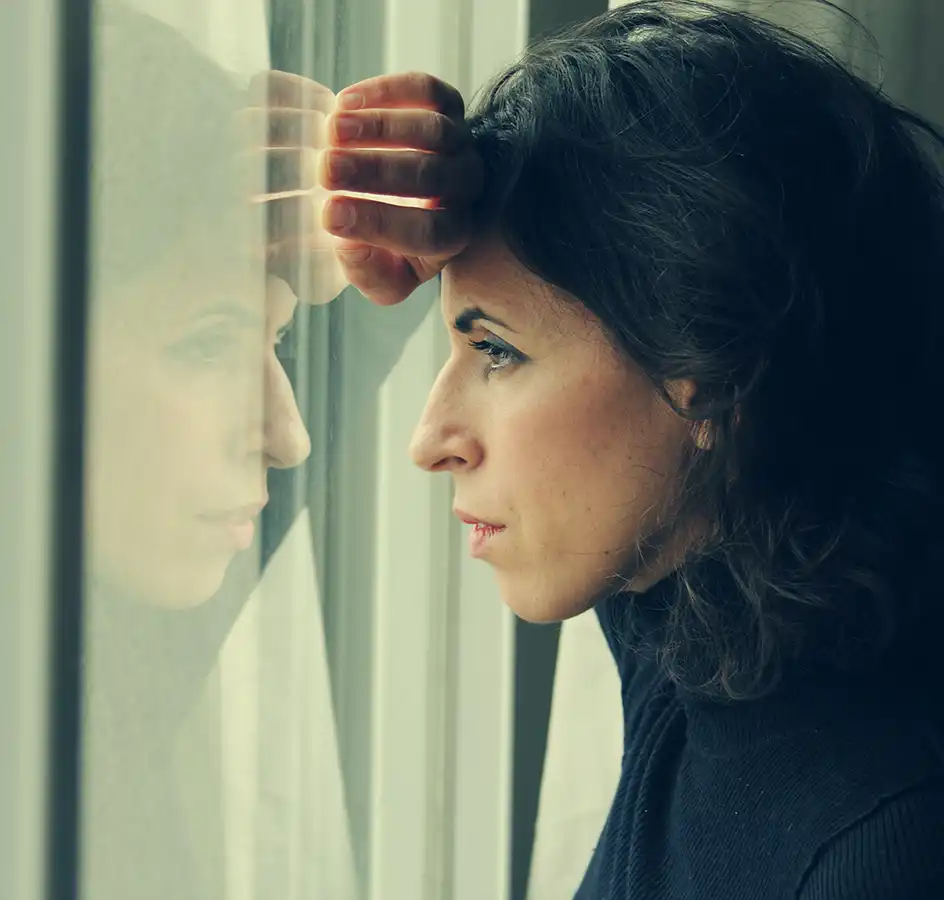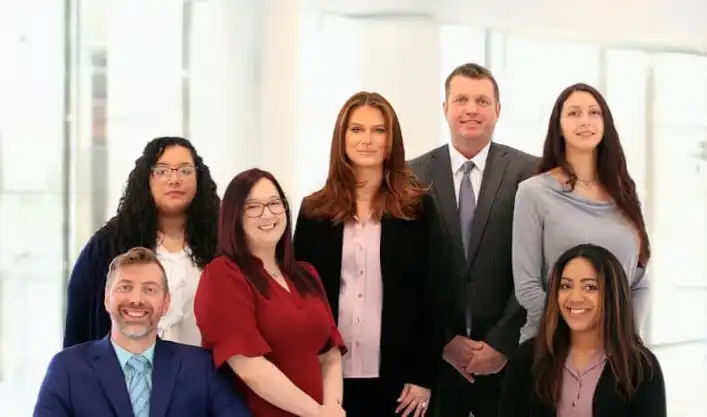When you decide to take a stand, it matters—not only for you, but for others. Taking action doesn’t have to look one way. It can be legal, it can be personal, or it can be both. Below are reasons many survivors find meaning, power, and hope in coming forward.
For Healing & Acknowledgment
Sexual violence is often accompanied by silence, shame, and feeling unseen. Speaking up, seeking justice, or simply sharing your story can shift that burden. It asserts that:
- Your truth matters. Being believed and heard is one of the most validating things you can experience after abuse.
- Your experience is not forgotten. Taking action honors what happened to you—recognizing the harm rather than letting it be dismissed or ignored.
Even if legal action isn’t what you want right now, exploring your rights and telling someone you trust about your experience can begin a process of healing.
To Hold Perpetrators & Institutions Accountable
Abuse doesn’t exist in a vacuum. Often, individuals or organizations trusted to protect you failed to act—or worse, helped conceal harm. When you take action:
- You shine light on wrongdoing.
- You show the powerful that silence or negligence is not acceptable.
- You can help stop future abuse by pushing for investigations, change in leadership or policy, accountability mechanisms, or transparency.
To Seek Justice & Compensation
Abuse has real consequences—physical, psychological, financial. Taking legal action can help in many ways:
- Covering therapy, medical or mental health care, and other recovery costs.
- Recovering for loss of income or opportunities caused by abuse.
- Possibly receiving damages for emotional distress, fear, or trauma.
While money doesn’t erase what happened, it can help you rebuild your life and remove some burdens.
To Prevent Harm to Others
Every time someone speaks out, it sends a message—to perpetrators, institutions, and to other survivors. It reminds people that they are not alone, that accountability is possible, and that silence can be broken.
In many cases, legal cases have revealed systemic failures—policies that allowed abuse, cover-ups, or ignored warning signs. Your action might protect others in similar situations, today or in the future.
Because There’s No Shame in Seeking Justice
You aren’t to blame for what happened. Choosing to act isn’t about re-living the pain—it’s about reclaiming power. It’s about setting boundaries, demanding respect, and refusing to accept cover-ups or lies. Every survivor has a right to be heard, to be safe, and to seek justice.
















